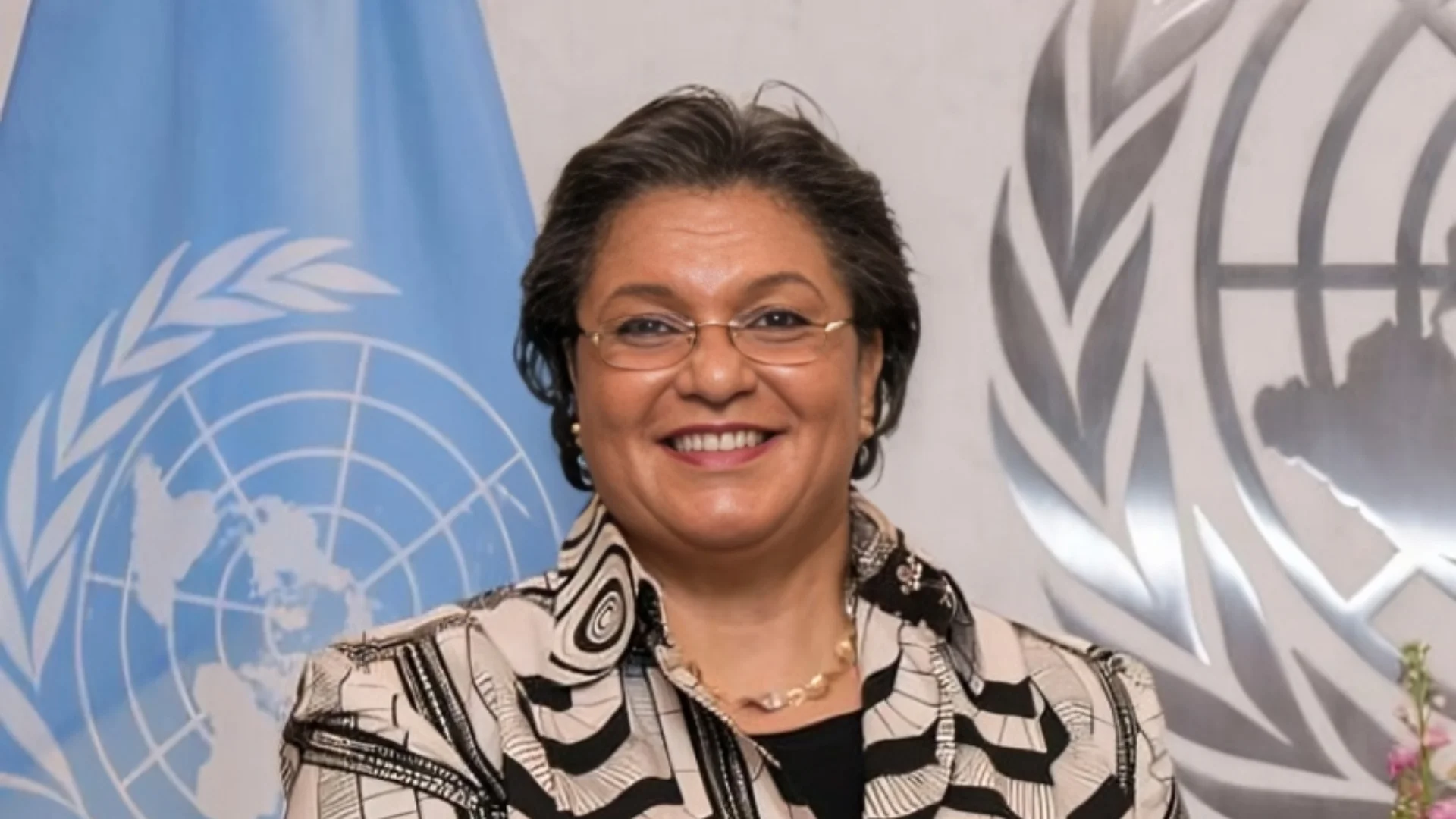Senior officials from several countries met on the sidelines of the United Nations General Assembly High-Level Week to discuss economic and security issues in Libya. The meeting, chaired by the United States, included representatives from Egypt, France, Germany, Italy, Qatar, Saudi Arabia, Türkiye, United Arab Emirates, and the United Kingdom.
According to a statement released by the U.S. government, participants discussed efforts to support Libya’s progress toward unity, security, stability, and prosperity. The chair emphasized the international community’s commitment to these goals.
The Special Representative of the Secretary-General (SRSG) Hanna Tetteh briefed attendees on work being done through UNSMIL’s political roadmap and ongoing dialogue among Libyan parties. The chair expressed appreciation for her contributions in advancing Libya’s political process.
A key topic was integrating security forces from eastern and western Libya to improve regional stability. Participants acknowledged recent changes to the UN arms embargo that have allowed for joint training and technical assistance between Libyan factions. The group considered ways to build on these developments so Libya can better provide for its own security.
The chair also highlighted the importance of strong economic foundations as essential for Libya’s future safety and prosperity. There was consensus about supporting independent institutions such as the National Oil Corporation, Central Bank of Libya, and Audit Bureau. These organizations are seen as critical for economic stability and fostering a stable business environment.
Participants agreed that coordinated international support is needed to maintain economic stability in Libya, encourage investment opportunities, and protect national resources as part of broader efforts toward unity.
Support was reiterated for UNSMIL’s political roadmap and SRSG Tetteh’s work building consensus among Libyan actors. According to the statement: “Unification of political institutions is critical to promote prosperity for all Libyans, as well as for Libya to defend its sovereignty, protect its borders, and prevent the use of its territory for the spread of threats like illegal migration and weapons trafficking.” Attendees shared their countries’ perspectives on next steps aimed at moving Libya toward greater unity and stability.





